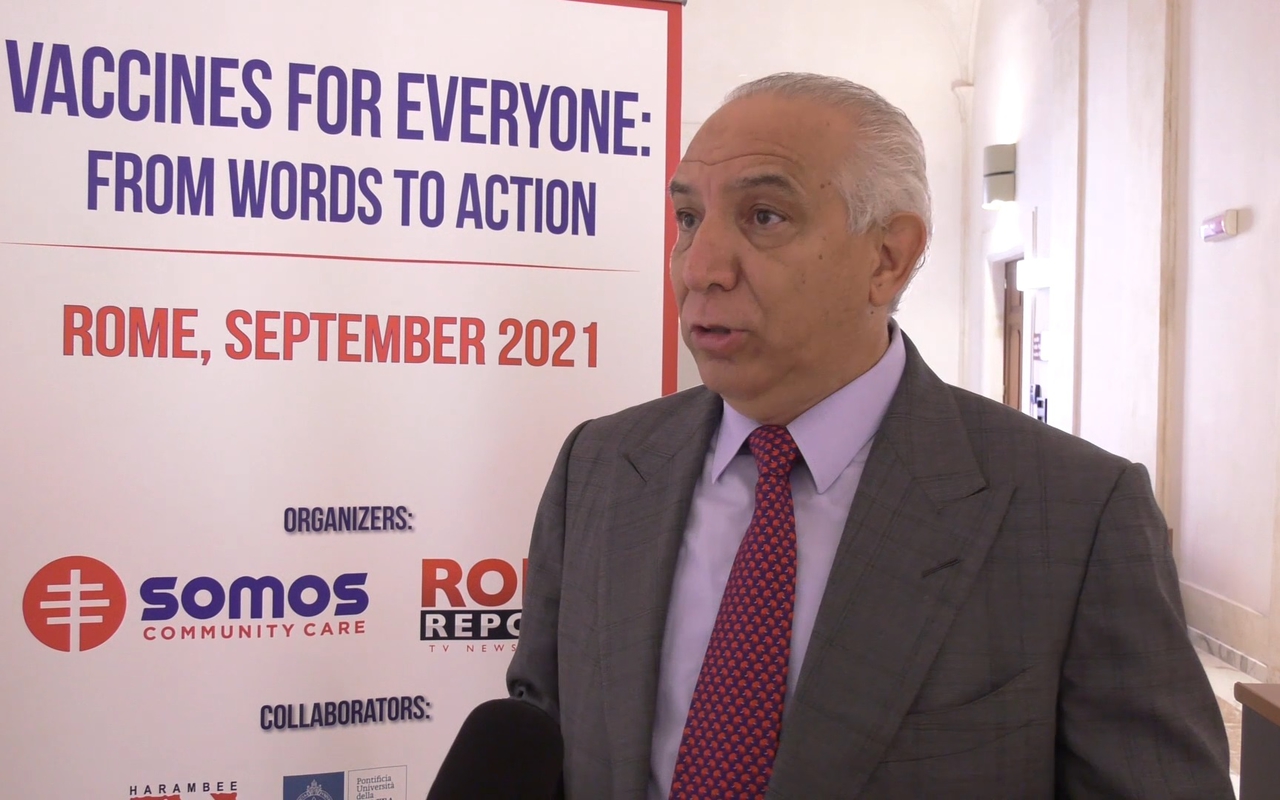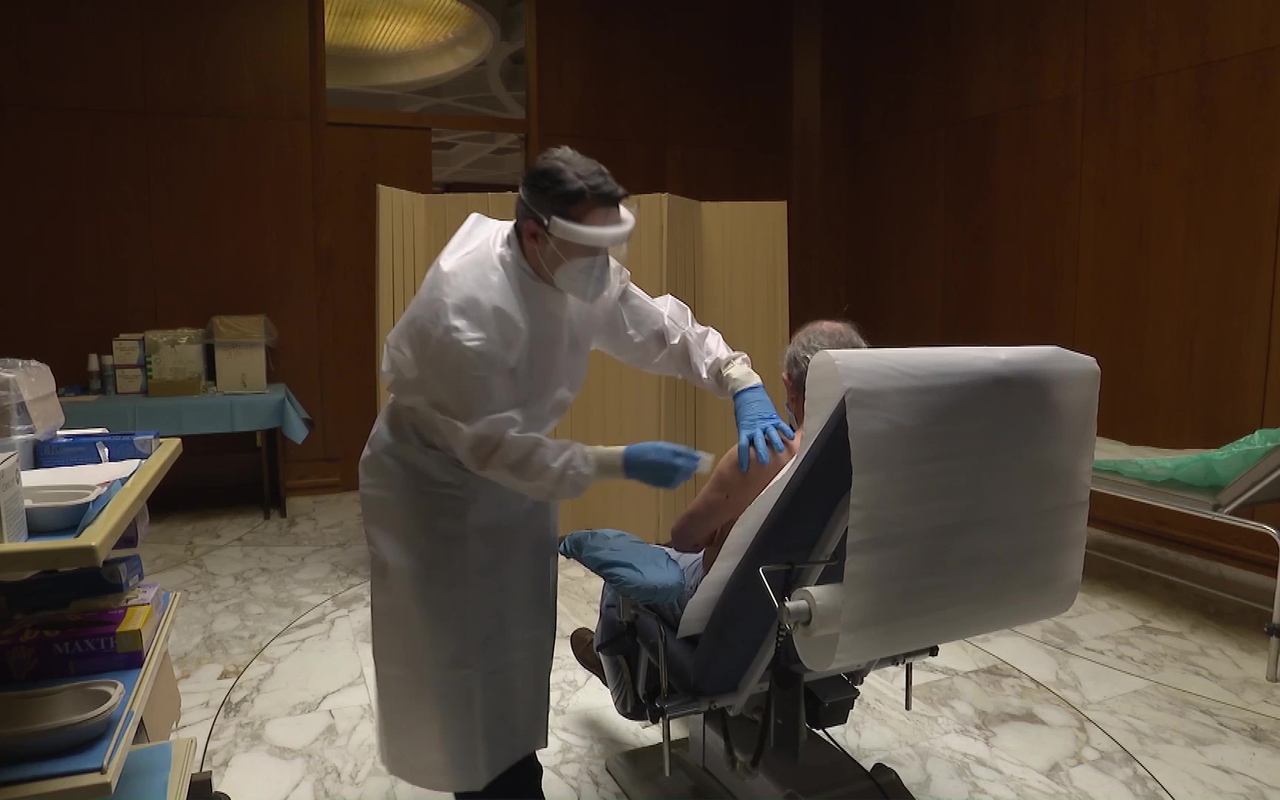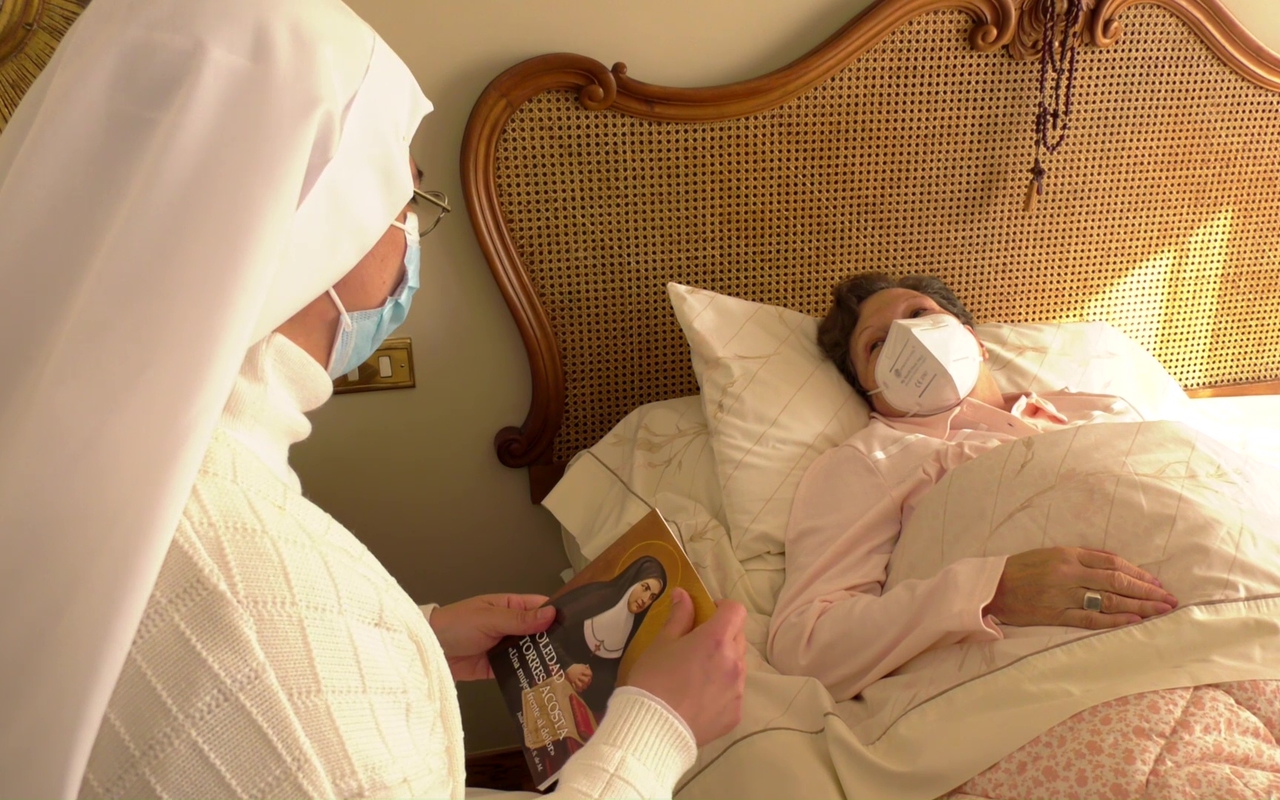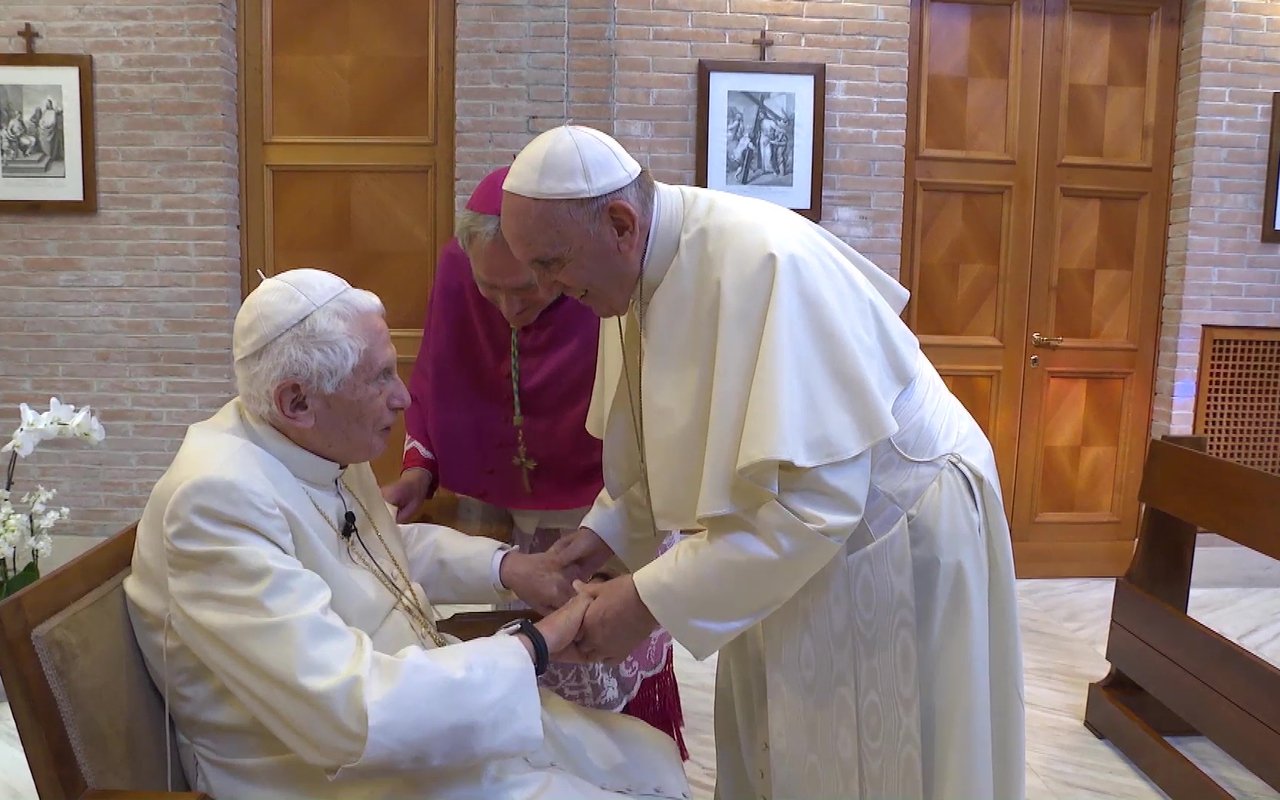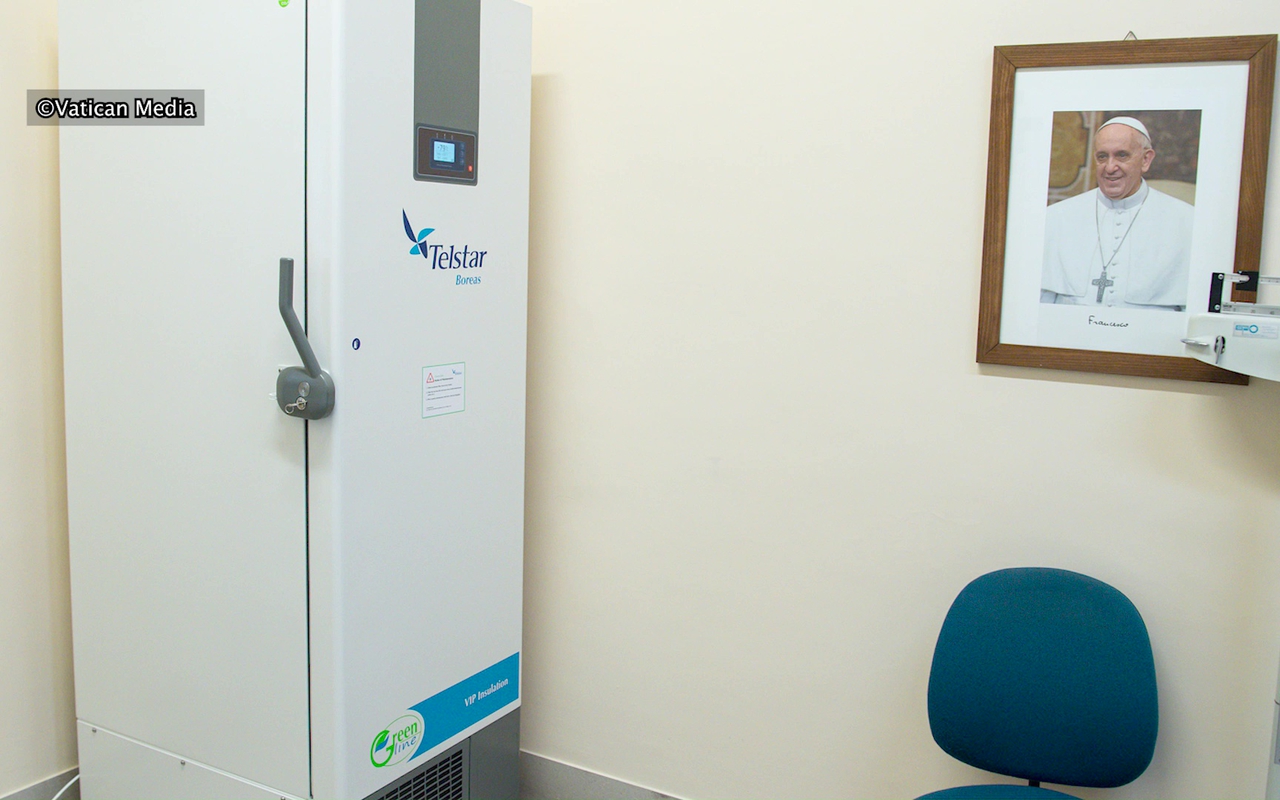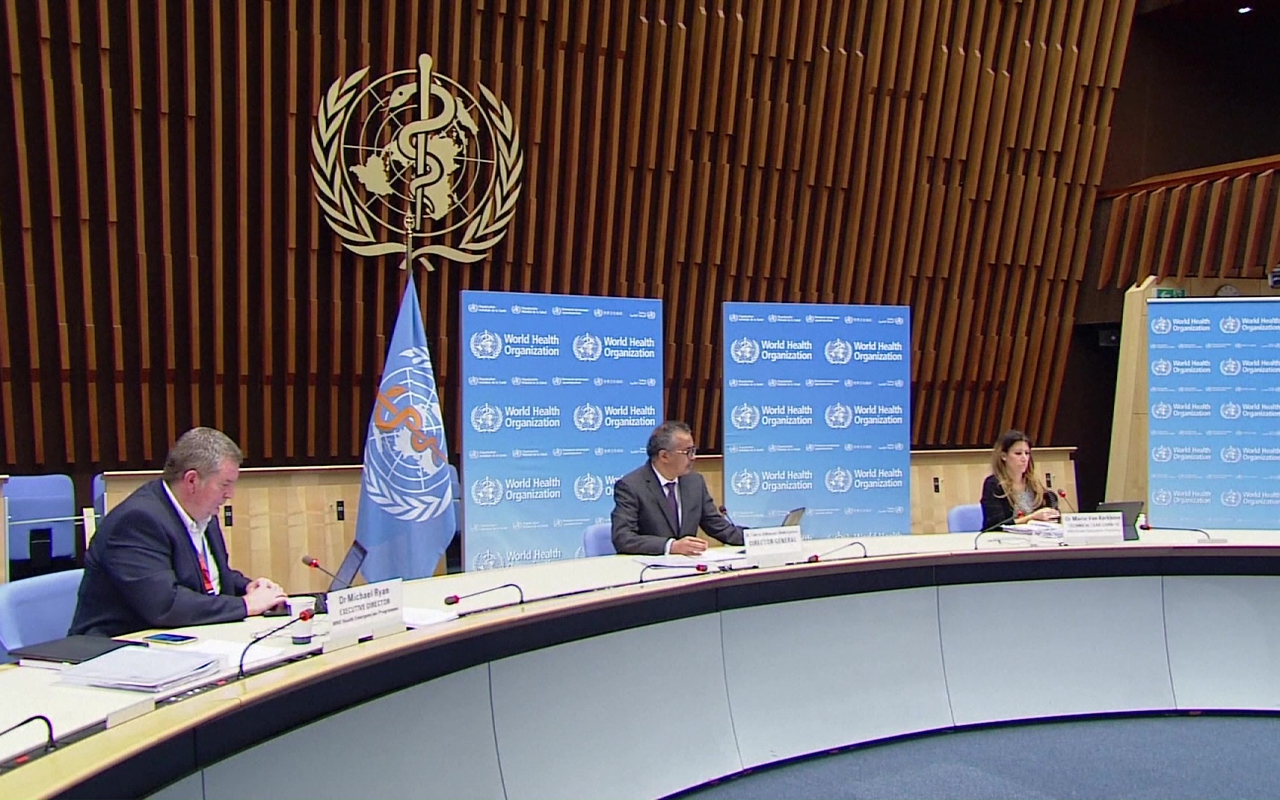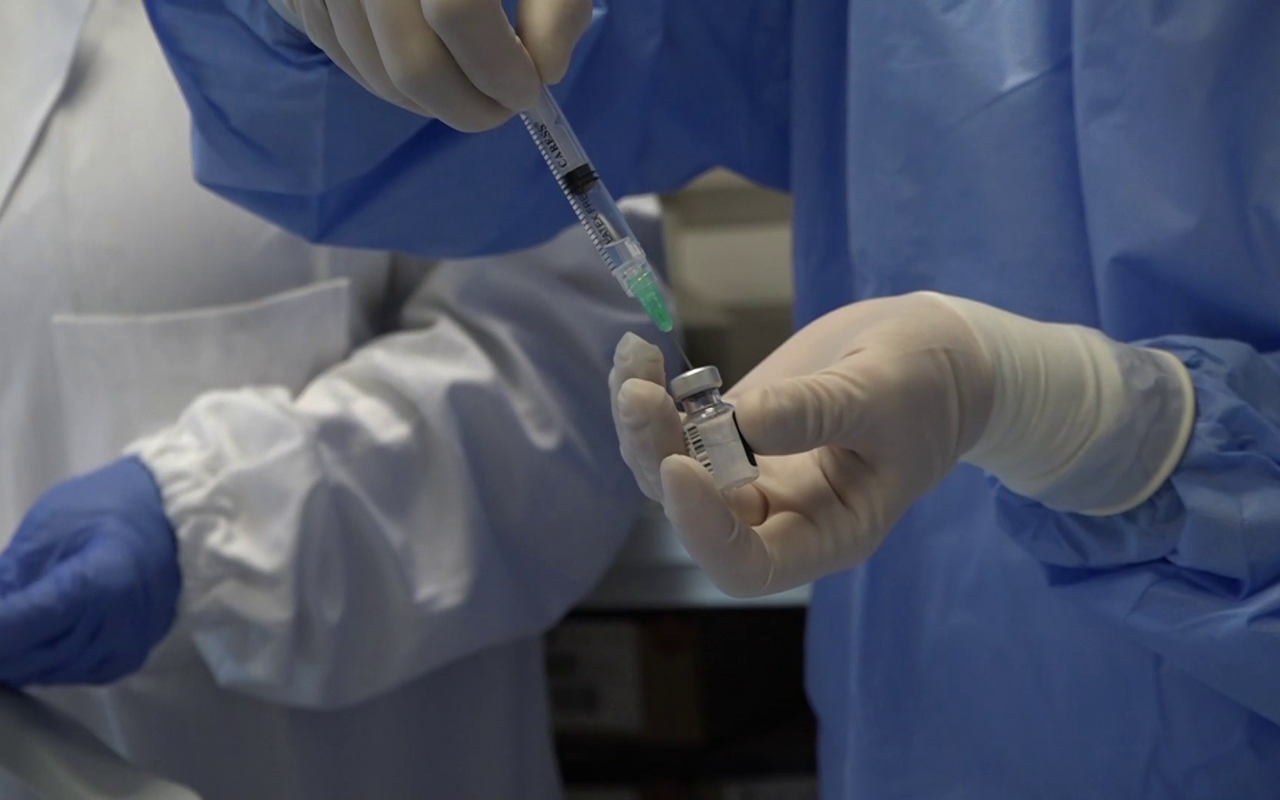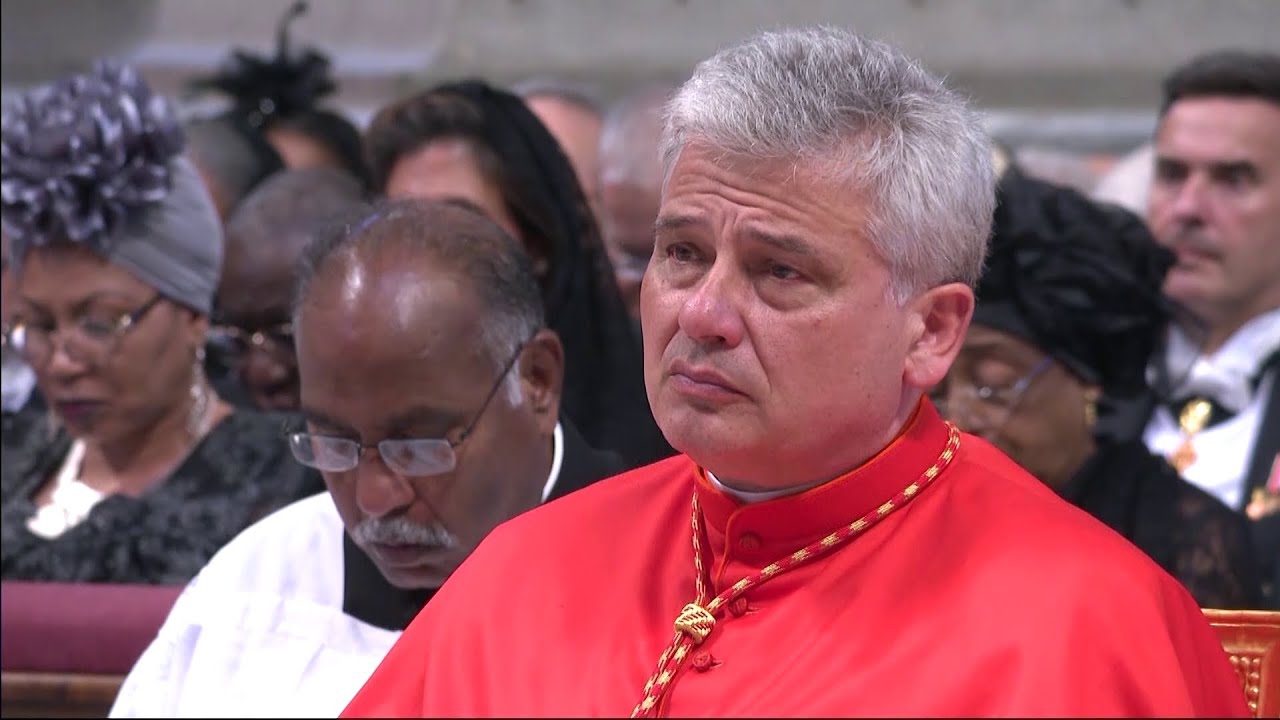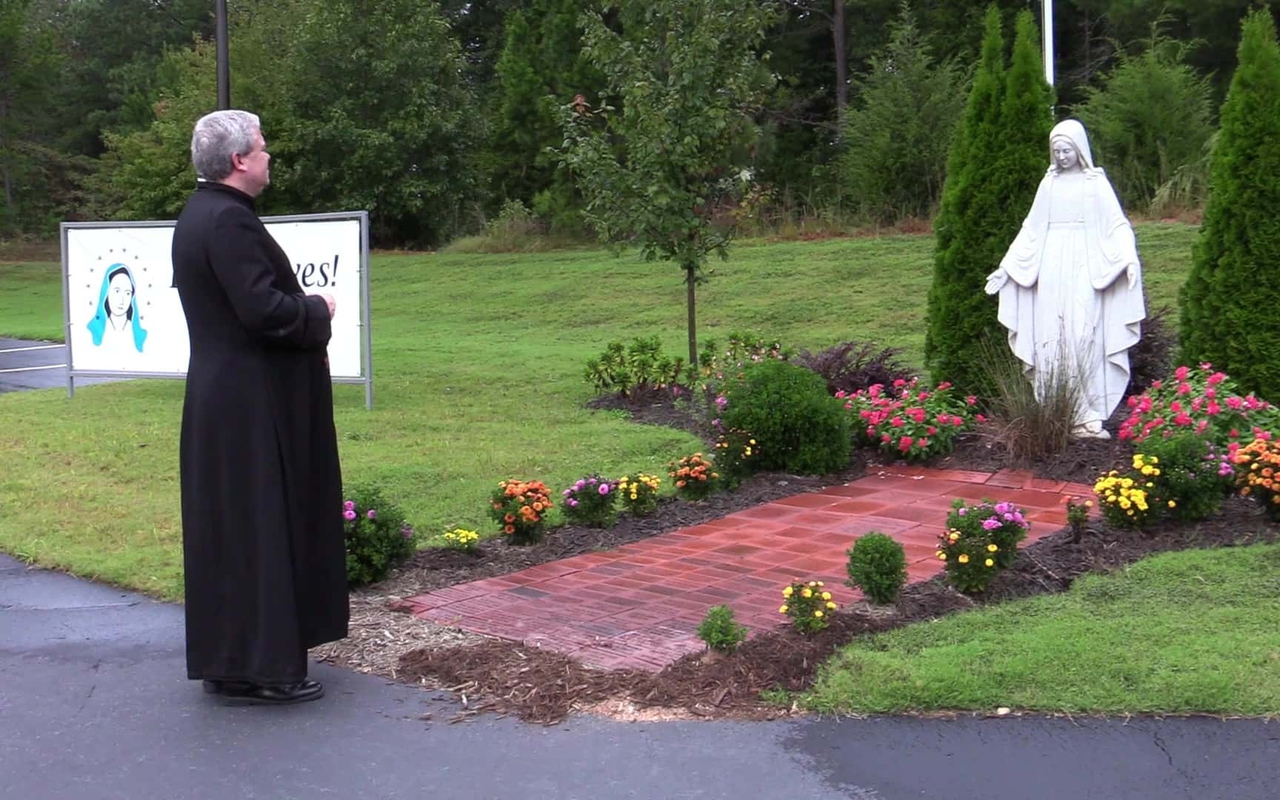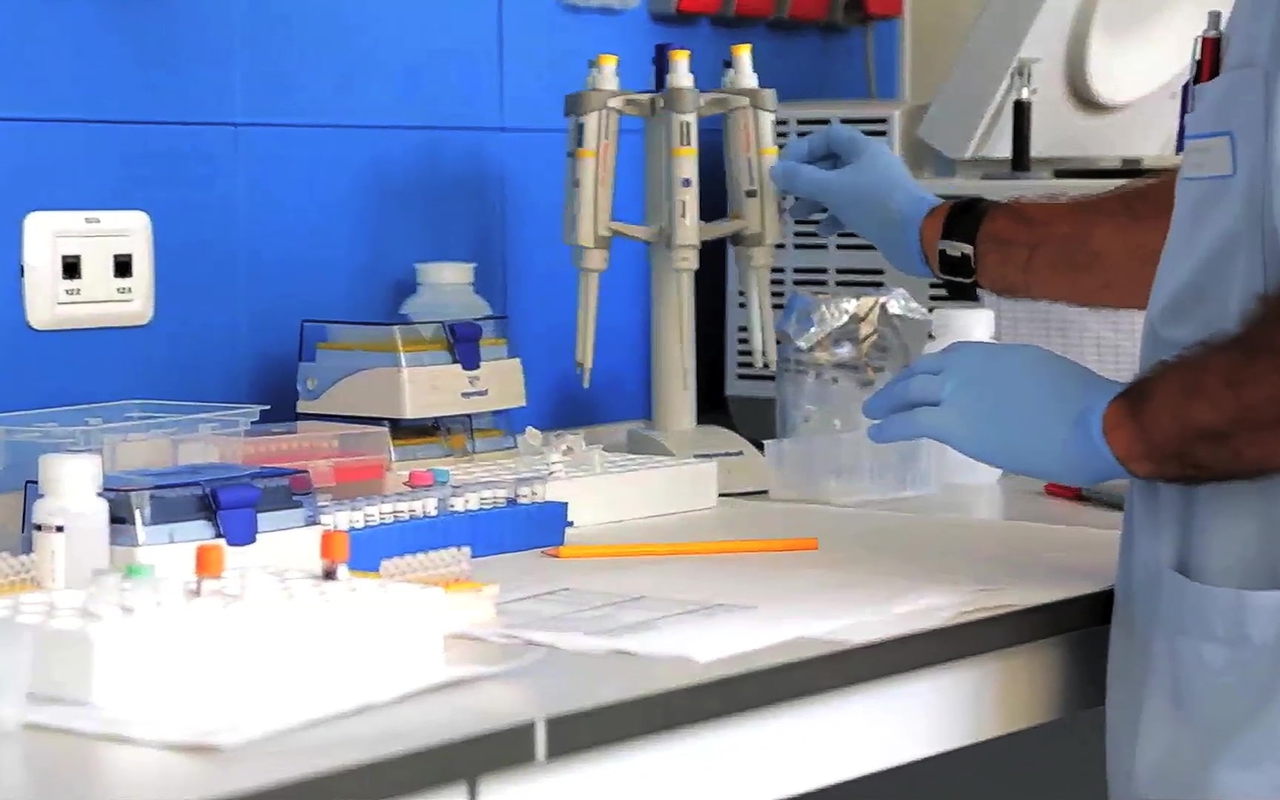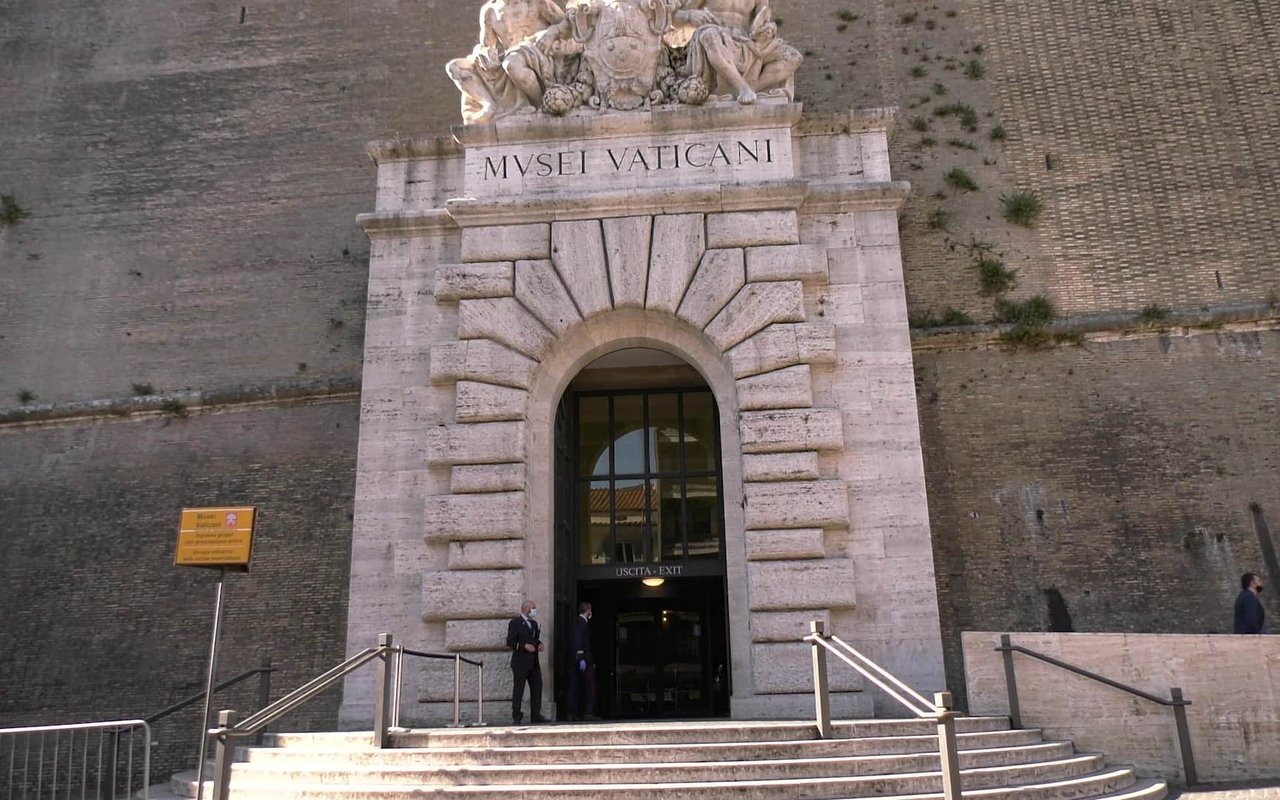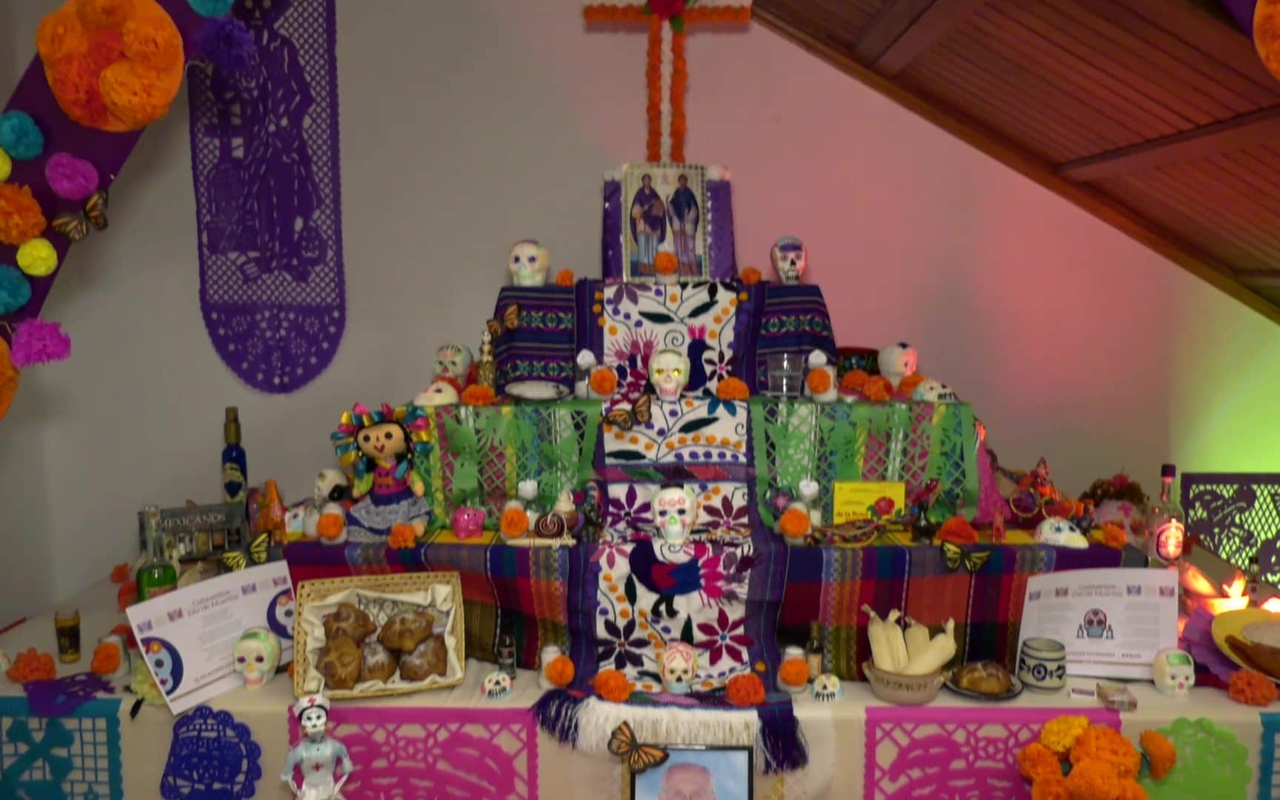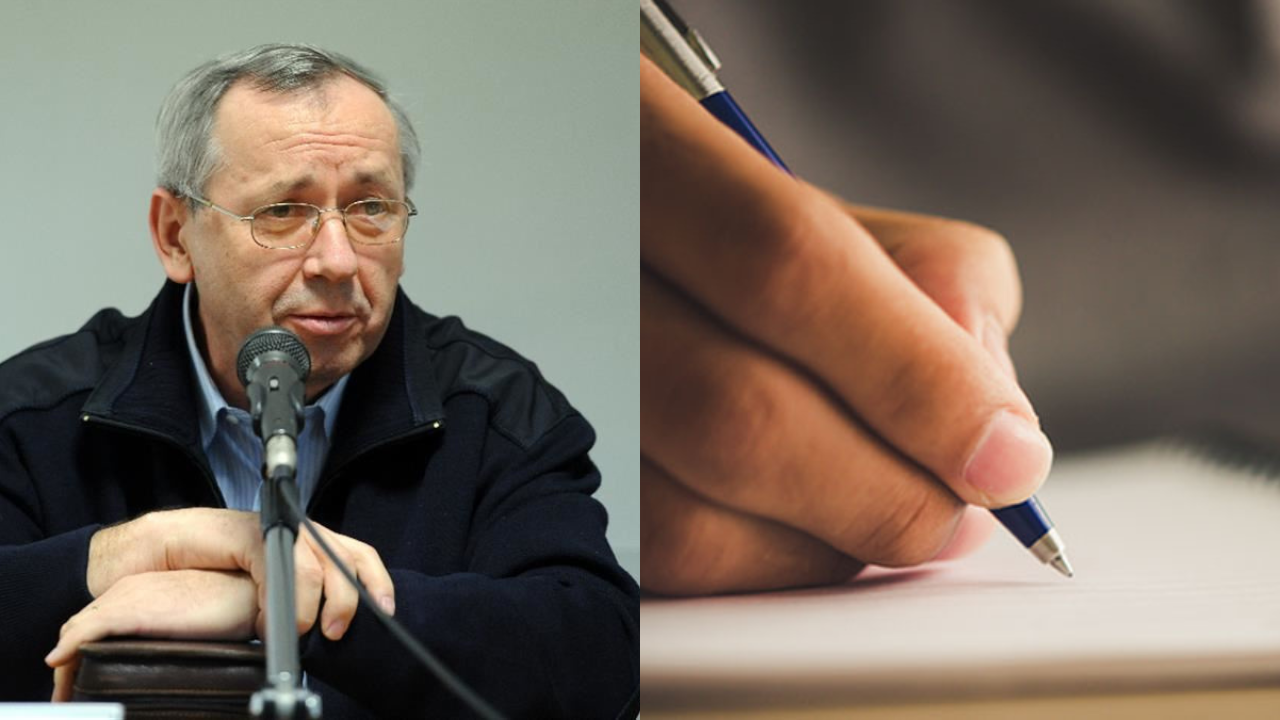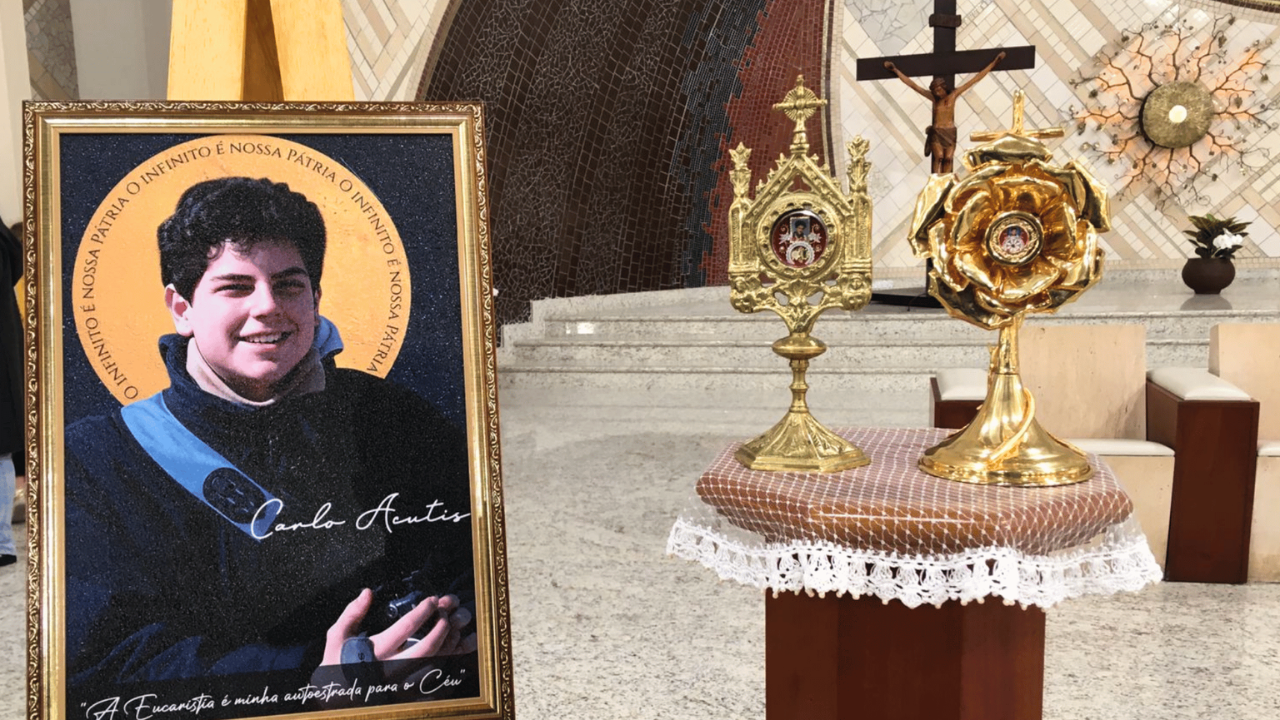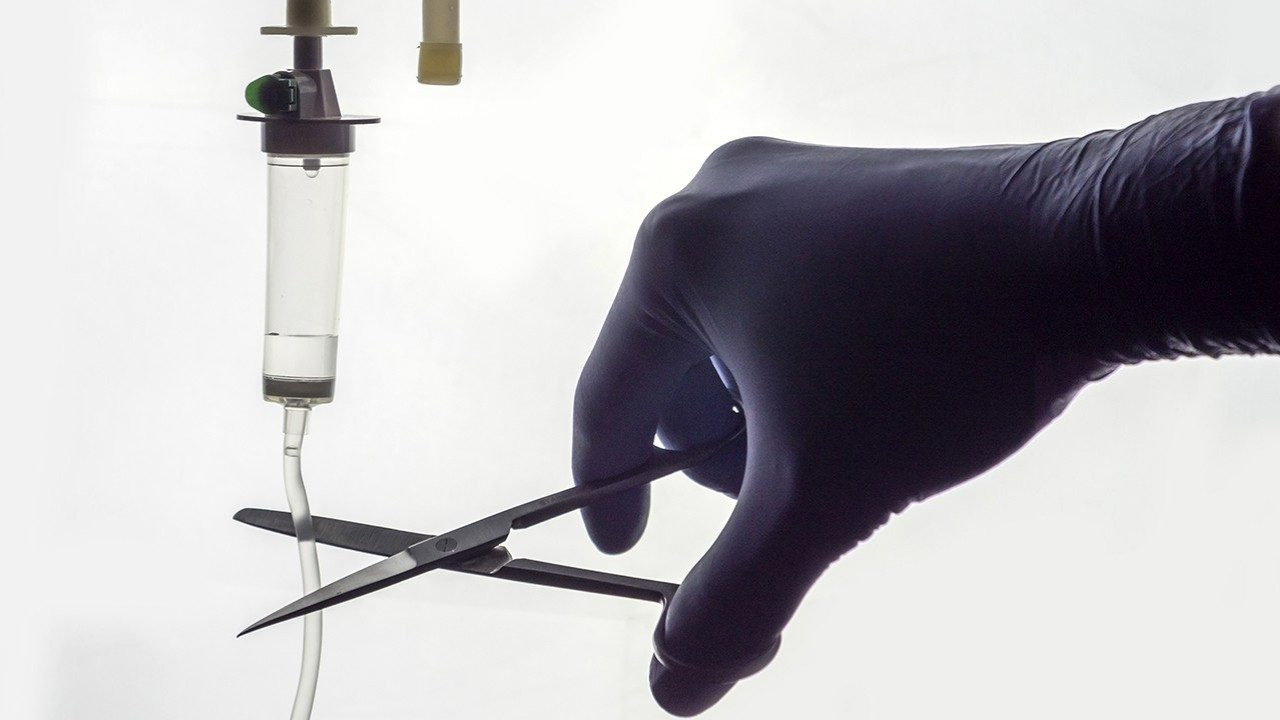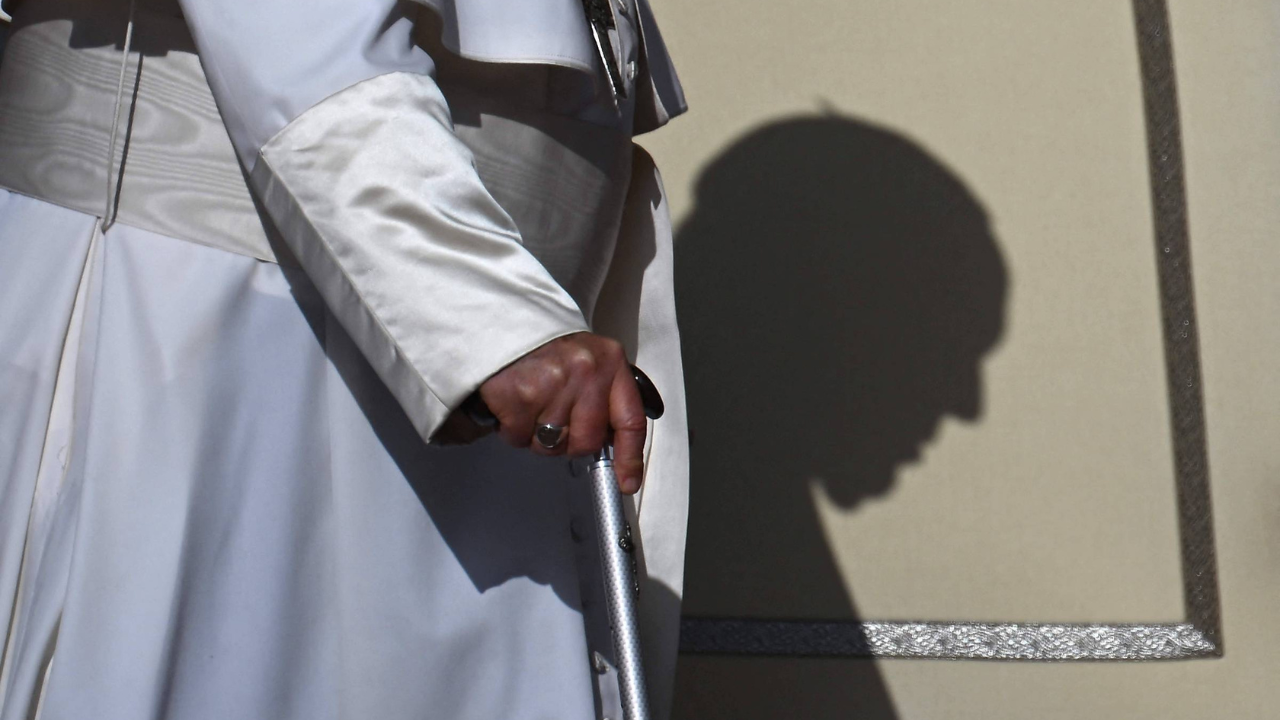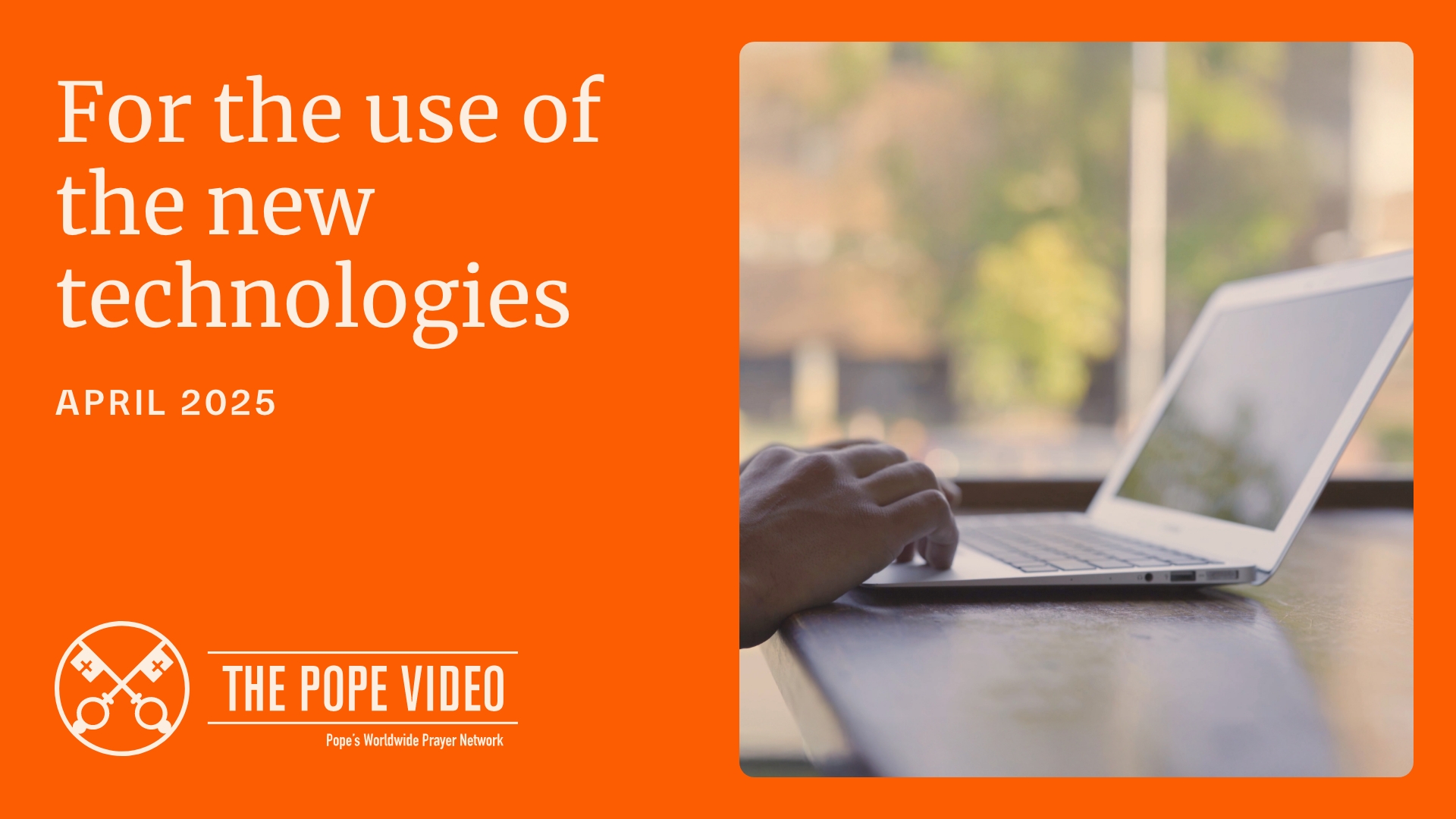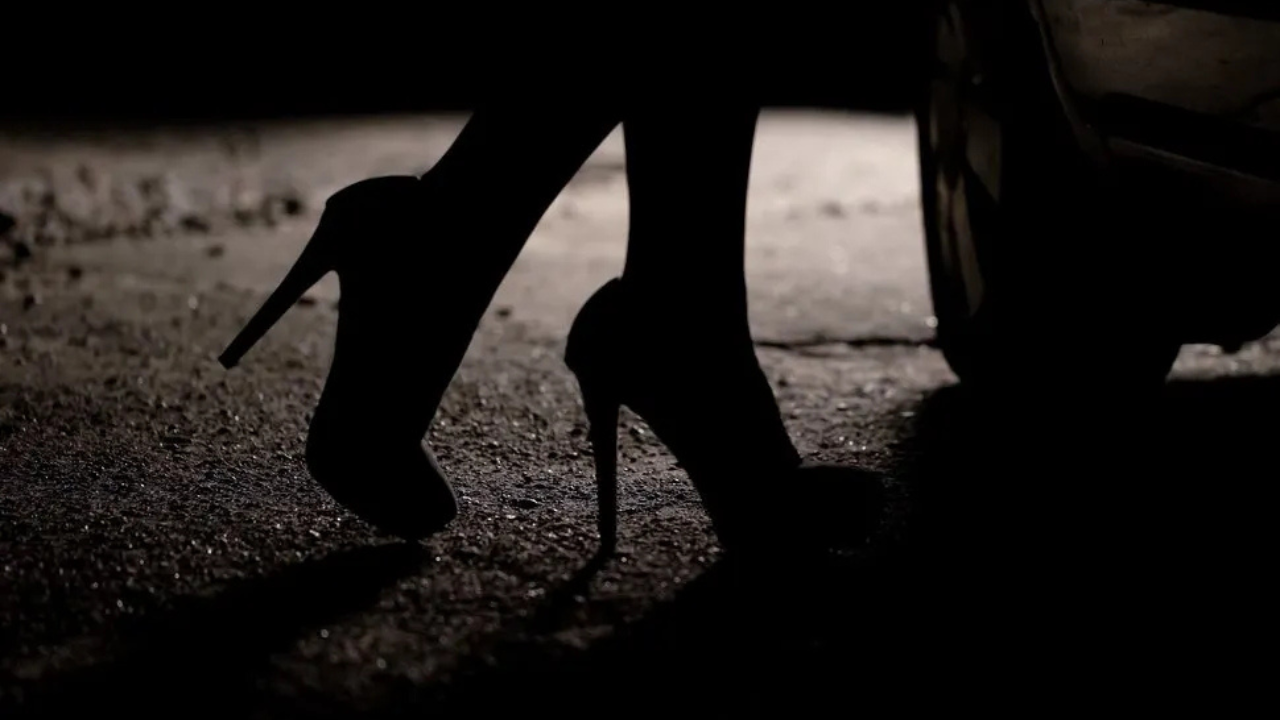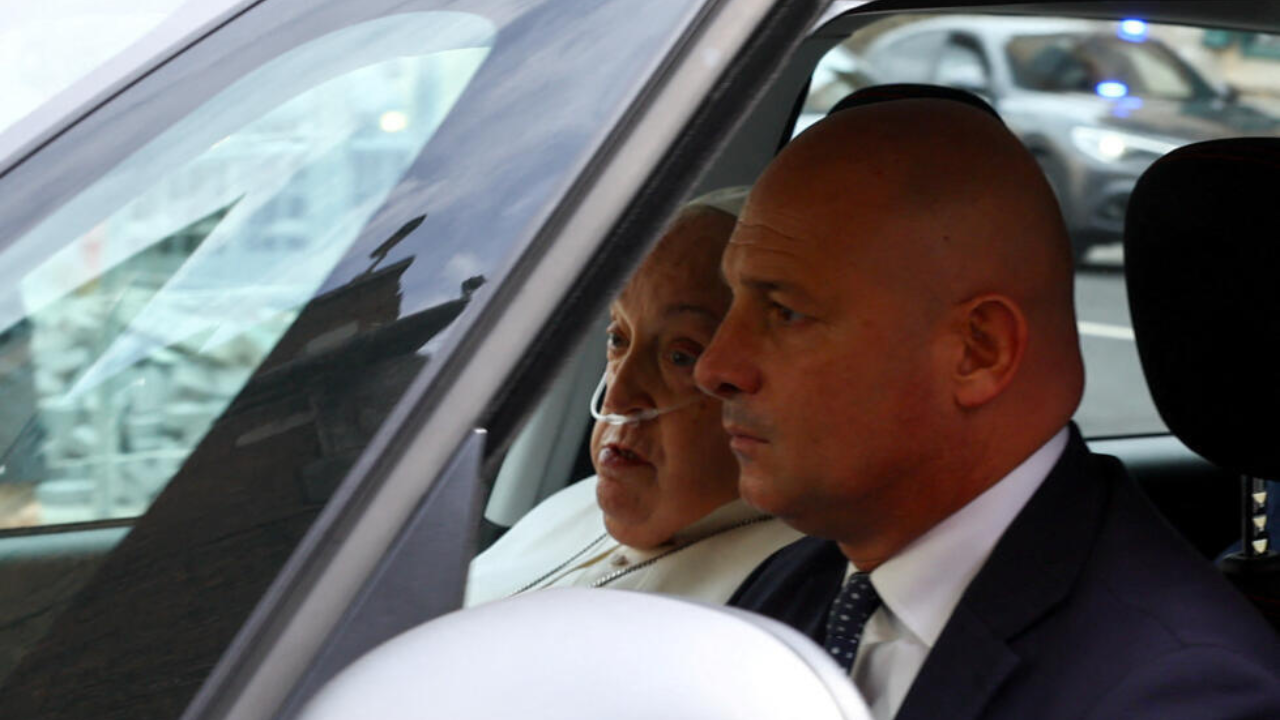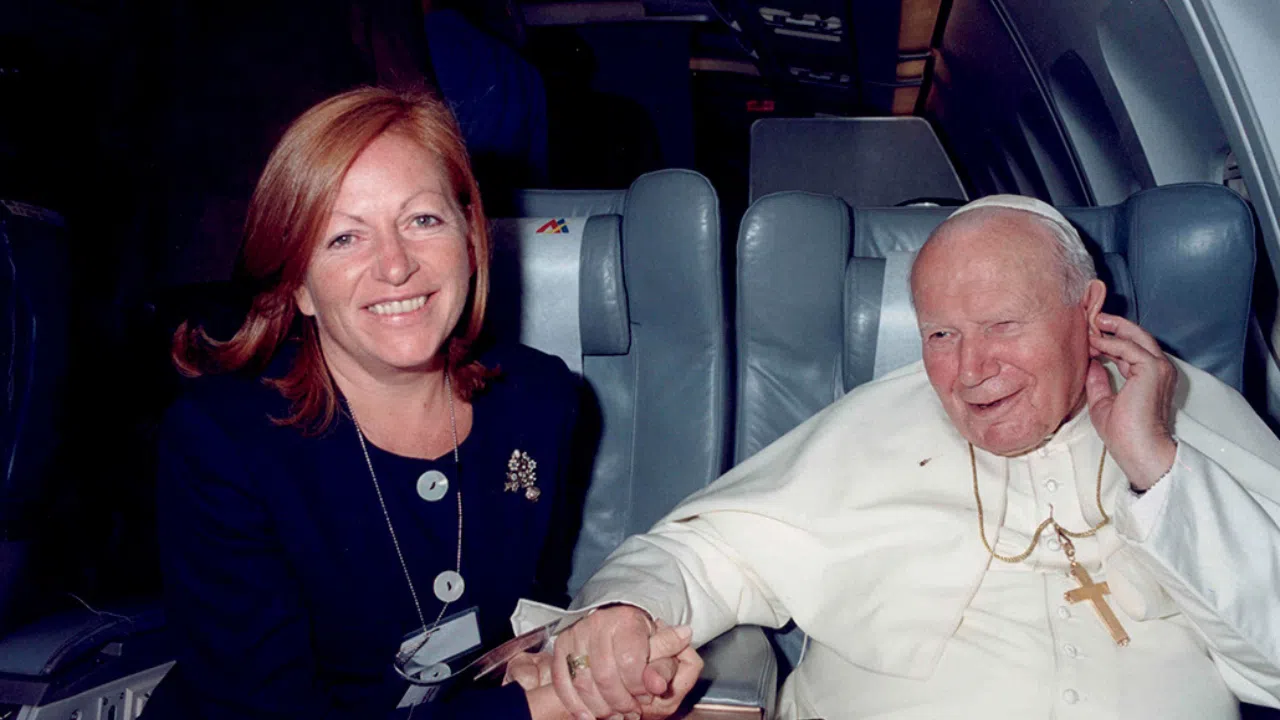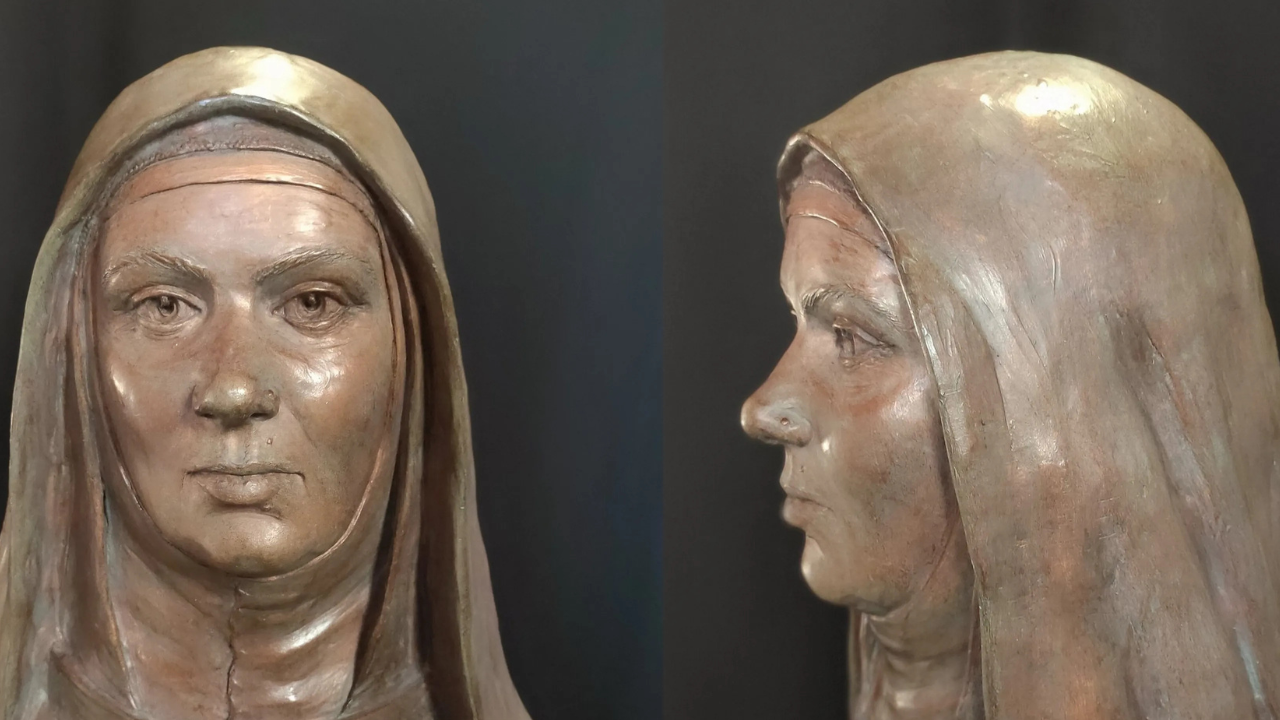As scientists and researchers begin working toward a vaccine for COVID-19, many have found an ethical threat. Some of the vaccine methods being studied are processed by old cell lines, created from the cells of fetuses who were aborted.
Dr. Edward (Ted) Furton with the National Catholic Bioethics Center (NCBC) and Helen Watt, with Anscombe Bioethics Centre (UK), explain the process and why it clashes with Catholic doctrine.
DR. EDWARD FURTON
Director of Publications, National Catholic Bioethics Center
“Apparently the researcher stands by and is ready to receive the materials as soon as the abortion is completed. These are placed into a petri dish with appropriate nutrients and they begin to duplicate themselves and each duplication is a passage and over time this is called a cell line. So the cells that are produced in a line are descended cells from tissue taken from an original abortion. The cells actually are not needed. They don't need to start this way they can grow vaccines and other ways.”
HELEN WATT
Senior Research Fellow, Anscombe Bioethics Centre
“Some methods don't use cells at all and some use cells from animals or plants. Unfortunately some methods use cell lines originally developed from tissue taken from an aborted baby. These are cell lines that have been circulating for decades in labs throughout the world. So obviously those cells do create questions of conscience.”
In 2008, the Congregation for the Doctrine of the Faith explained the Church's stance on ethical controversies, like vaccines, in a document called, 'Dignitas Personae.'
It states that, [34] “The use of human embryos or fetuses as an object of experimentation constitutes a crime against their dignity as human beings... These forms of experimentation always constitute a grave moral disorder.”
However, not all current coronavirus vaccine trials threaten human dignity.
HELEN WATT
Senior Research Fellow, Anscombe Bioethics Centre
Just as there's a project in Oxford using fetal cell lines, or a fetal cell line, there's a project in London that doesn't use cells at all. That project is also quite well-developed.
Thus, Watt says it's a matter of time to see which vaccine is produced for coronavirus first and how, insisting it could be made in an ethical way.
If it is not though, the Church says Catholics could get the vaccine, even if it has a connection to abortion.
DR. EDWARD FURTON
Director of Publications, National Catholic Bioethics Center
“The Church generally holds that when there's no alternative, and there is a serious health concern, vaccines should indeed be used for the sake of preserving one's own health, that of one's children, and that of society at large.”
According to Dignitas Personae, “danger to the health of children could permit parents to use a vaccine which was developed using cell lines of illicit origin.” There is one condition for this.
HELEN WATT
Senior Research Fellow, Anscombe Bioethics Centre
“You can, in principle, use these vaccines. However, we should all be asking our healthcare providers, our healthcare systems, to make ethical vaccines available.
The U.S. bishops' did just that, setting the example for Catholics. They sent a letter to the U.S. Food and Drug Administration asking for “access to vaccines that are free from any connection to abortion.” It contained signatures from many Christian organizations.
As tests are being carried out globally in an attempt to find a vaccine for COVID-19, Dignitas Personae says “everyone has the duty to make known their disagreement.” In this way, life can be protected at every stage, from those vulnerable to coronavirus to the smallest in the womb.
Melissa Butz
